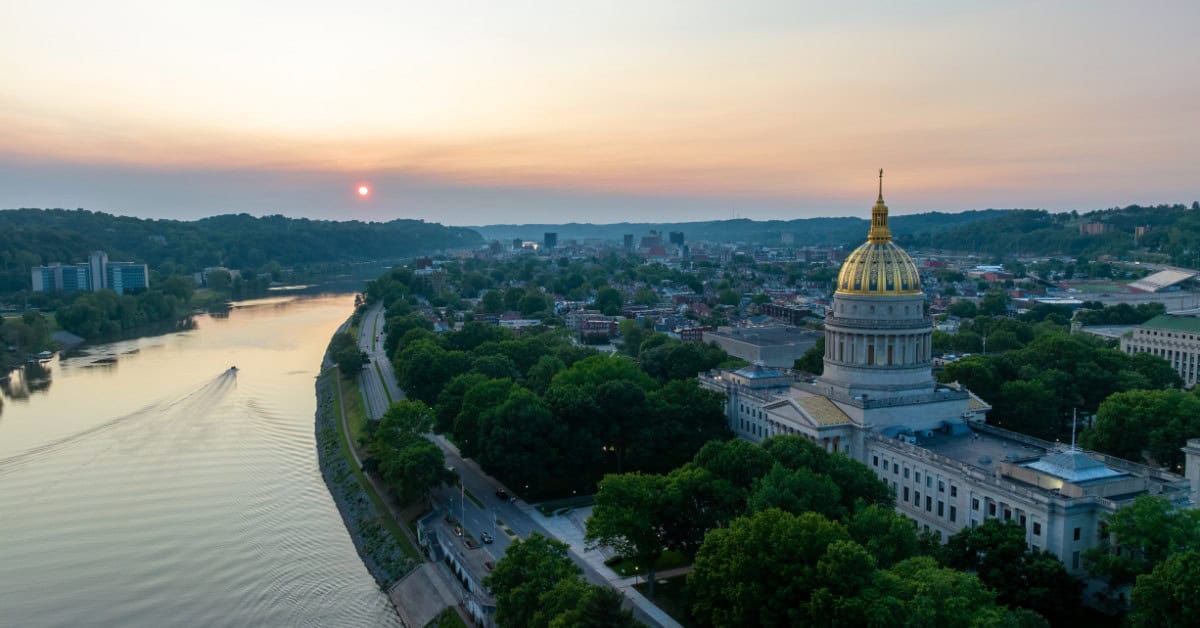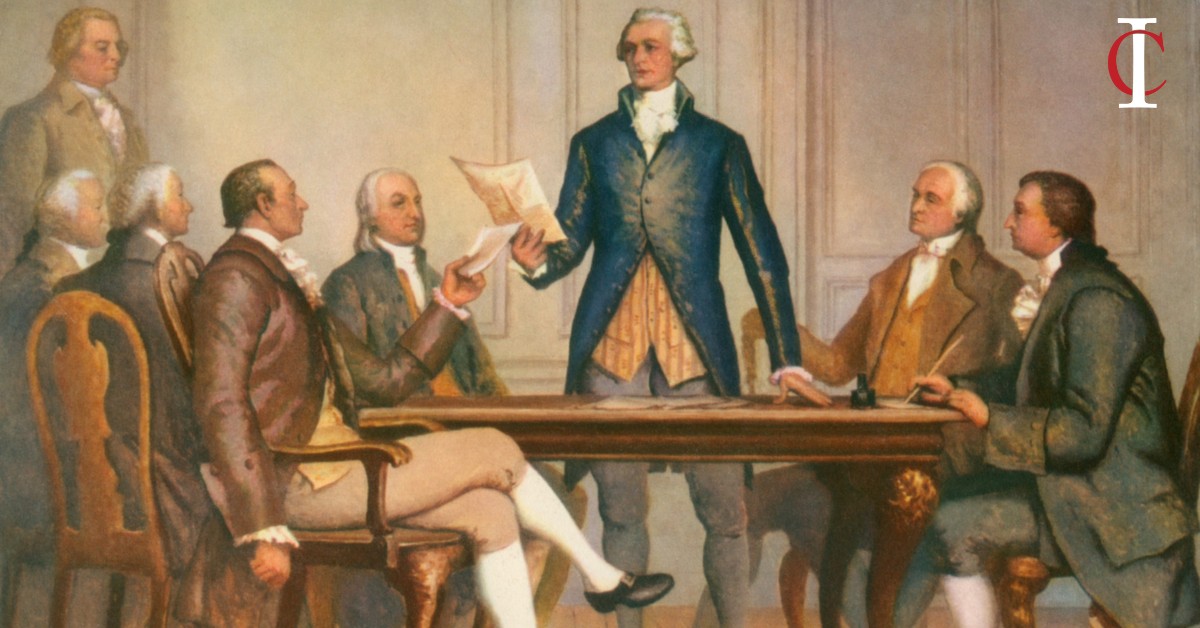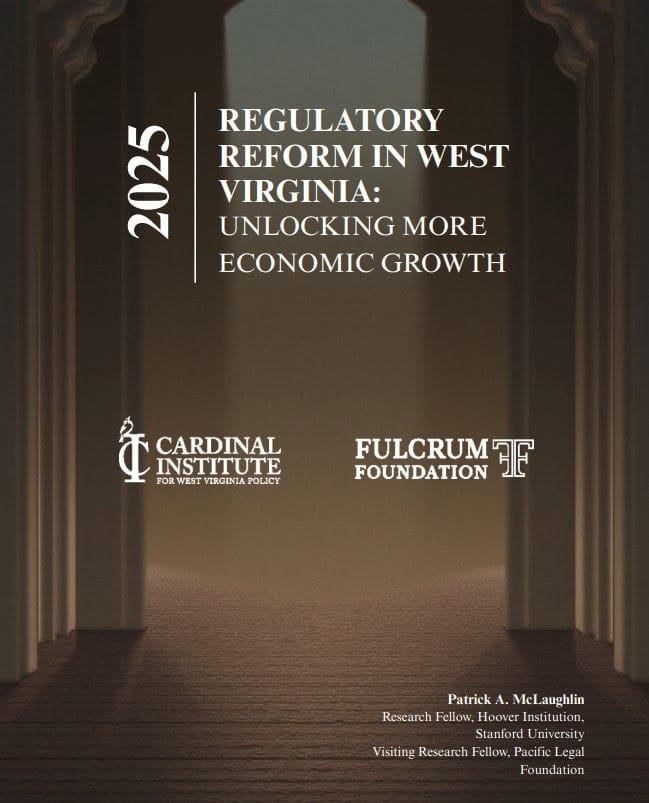
An Unbundled Education Revolution in West Virginia
Traveling to Arizona to Learn About Unbundled Education
West Virginia, whether she knows it or not, is in the midst of a revolution. An unbundled education revolution. And I am here for it! But where did it all start and where is it heading?
I was fortunate enough to attend an education conference in the state where it all started, Arizona. I had never been to the Southwest. So, the scenery on the short ride from the airport to my hotel was unlike anything I had ever seen. It was lovely. It was also, in almost every way, the opposite of West Virginia.
In fact, it’s difficult to think of any physical similarities between the two at all. The one thing they do have in common though is school choice. Arizona is “old hat” at school choice. West Virginia is just getting into the game. So, what can West Virginia learn from Arizona?
Learning the Lingo
For starters, as newbies to the school choice movement, we’ve got to get our language sorted out. Arizona natives know they have an education savings account (ESA). This is the name for a school choice program that allows part of tax dollars from a state’s educational funding formula to follow the student to any educational environment. ESAs are state-funded and parent-controlled. Arizona named their program an Empowerment Scholarship Account. We have an ESA here in West Virginia, and we gave it a cool name: the Hope Scholarship.
Maybe we should take a minute here to do a couple of quick definitions:
Homeschooler: A homeschooler family simply said “no, thank you” to public education and walked. They do their own thing and have never requested to use any taxpayer dollars to fund their education.
Hope Scholar: These families have also walked away from public school but have applied for and are using the Hope Scholarship to fund their education.
Unbundled: This is the concept of families customizing or building an a la carte education that suits their children’s specific needs.
Free Markets and Education
Which brings me back to Arizona. The beginning of ESAs there stemmed directly from a community of parents whose students had specific needs that were not being met by the local public schools. Parents were suddenly in the market for things like speech therapy, programs to support dyslexic students, math tutoring for students that had missed fundamentals, you name it! Customization was the name of the game. Parents could consider their unique child’s needs and find the right product or service to support them.
In response, the market rose to meet demand with a new supply of tutoring services, academic coaching, even clinical services for students with autism. Education services of all kinds sprung up. That was over ten years ago. Right now, Arizona has a thriving market for parents to choose from.
In a free market, the producers must keep a pulse on the wants and needs of the consumer. Consumers are motivated to speak their mind about what they are looking for in the market. The school choice movement in Arizona has proven that education markets work the same way as any other. The result is that students are getting a better education.
The Unbundled Conference in the Heart of School Choice
At the Unbundled Conference that I attended in Arizona, families were also offered sessions to participate in. One session provided by policy makers gave parents the language they need to navigate and defend ESAs. There were sessions about getting support for special needs. There was even a session about mastering homeschool transcripts.
This was truly a unique conference put on by the same education pioneers that started in the ESA movement a decade ago. But the single most important takeaway wasn’t in the exhibition hall or in a session. It was the community. They support each other, they educate one other, they hype each other up. And the best part is not a single person in that space has forgotten what it’s all about. There is an extremely high sense of awareness that everything they’re doing is for the kids.
West Virginia Can offer Unbundled Education Too!
So, what can West Virginia learn from Arizona? Honestly, we’re off to a great start! The HOPEschoolers in West Virginia Facebook Group currently has over 2,000 members all supporting and encouraging each other as they navigate this new territory. Additionally, there are outside resources moving into the state to provide support.
For example, Love Your School-West Virginia, a non-profit dedicated to parent support in school choice, is providing one-on-one guidance and empowering parents so they can face the challenges to accessing the right education for their child. The West Virginia Innovation Hub, powered by Love Your School, is working to increase the supply of educational choices in West Virginia to give parents options.
At the end of the day, we will have to work together as a community to keep the main thing, the main thing, as they say. This movement, this revolution, is all about children. Every child deserves an education that engages and excites them. Every child deserves an education that meets them where they are instead of forcing them into a box that doesn’t fit. Thankfully, we’re pretty good at taking care of ourselves and our communities here in West Virginia. Although, we are new to this, we undeniably have the requisite culture to make it hugely successful.
Tiffany Hoben is the Director of Education Partnerships & Strategy for the Cardinal Institute for West Virginia Policy.








